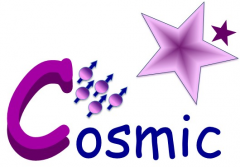Research Topics in MRI

Deep learning for MR image reconstruction
We have been working on benchmarking various deep nets (U-nets, Cascade-net, KIKInet, PDnet) architectures on publicly available data sets, and in the first place the fastMRI one. The latter is unique as it provides complex-valued k-space raw data for thousands of scans both in the single and multiple receiver modes.
This work has been done by Zaccharie Ramzi under the joint supervision of Philippe Ciuciu and Jean-Luc Starck. All codes are available in open source here.
Online Single Channel Reconstruction
Offline Single Channel Reconstruction
Online MR image reconstruction
We have been working on recovering a decent MR image from subsampled k-space data by the end of acquisition in the single and multiple receiver MRI setup. This makes iterative CS reconstruction doable in almost real time on the scanner through the Gadgetron interface. In the multi-receiver case, we rely on sparsity promoting priors in the wavelet domain to compensate for calibrationless reconstruction, which means that we no longer estimate the sensitivity maps.
This work results from a collaboration with Emilie Chouzenoux (Inria Opis/CVN) and Jean-Christophe Pesquet (CentraleSupélec/CVN).
Offline CS-MR image reconstruction
In the classical setup, iterative CS reconstruction is performed once all data has been collected. So the principle is collect first, then reconstruct!
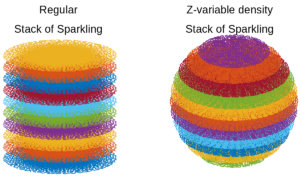
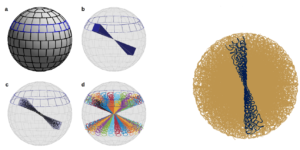
Global 3D SPARKLING
SPARKLING trajectories for 3D acceleated MRI
We have extended the framework of 2D SPARKLING to 3D rapid T2* and SWI imaging using various approaches: either stack of 2D patterns, real locally designed or globally designed 3D k-space trajectories. In the latter case, we have addressed the computational issues raised by the simultaneous computation of all spokes together using Fast Multiple Methods on one hand or PyKeops (Symbolic Kernal computation) on the other hand. We're currently validating in vivo at 7 Tesla these approaches and perform comparisons with stacks of spirals.
This work results from a fruitful collaboration with Pierre Weiss (CNRS/ITAV).

SPARKLING trajectories for 2D accelerated MRI
We have been working on a new optimization-driven design of optimal 2D k-space trajectories in the context of compressed sensing: Spreading Projection Algorithm for Rapid K-space sampLING (SPARKLING).
This work results from a fruitful collaboration with Pierre Weiss (CNRS/ITAV).
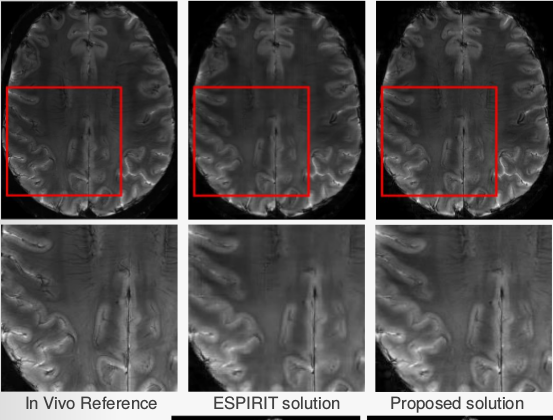
Fast Self-calibrating CS-MRI reconstruction in parallel imaging
We develop fast techniques (10 times faster than ESPIRIT) to automatically extract sensitivty maps associated with the multiple receivers of multi-channel coils in the parallel imaging setting. The MR image reconstruction becomes self-calibrating and no longer requires a preliminary scan to collect this information.
PySAP interfaced with Gadgetron@7T Magnetom (NeuroSpin)
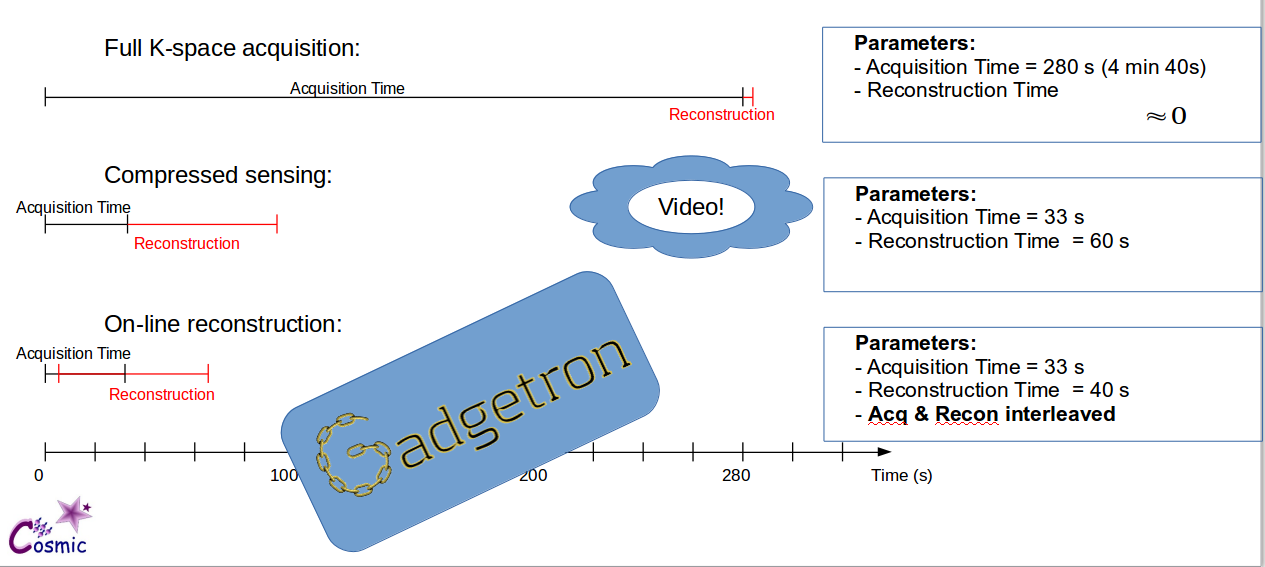
Towards online CS-MR image reconstruction
Cartesian acquisition scenarios in MRI are lenghty but image reconstruction is very cheap in terms of computation time (Inverse FFT). Prospective compressed acquisitions speed up scan duration but at the expense of longer image reconstruction process, usually done off-line , i.e. once all data have been collected. Here, we propose to interleave data collection and image reconstruction using dedicated online and time-recursive optimization algorithms that work with part of data. The result is to deliver more quickly the MR image at the scanner console thanks to a Gadgetron implementation.
